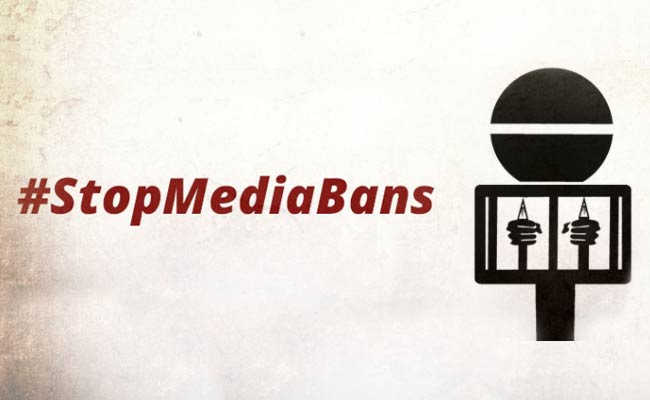- ) Conflict - World Wars. A war that escalated from the assassination of Archduke Franz Ferdinand, and catalysed by nationalism, pending from country to country. There is a surprise from the discursive politics involved.
Progress - President Obama January 20,2009. A triumph and achievement in the eyes of a black community, seeing that he was the first black presidential candidate in modern day after the circumstances and events their name has gotten through.
Disaster - 1931 China floods that have an accumulated death toll of around 1 million to 4 million deaths - a very devastating destruction as it is regarded as top in the deadliest natural disasters since 1900.
Consequence - 2016 Presidential candidate winner Donald Trump. The black and white choice made by America has left one side being affected, while the other side benefiting.
Prominence - Death of Osama bin Laden. America identified him to be the mastermind and power behind terrorist attacks regarding 9/11, and his death simply served as a redemption in some ways.
Novelty -
3.) One story the factsheet presents: http://www.guardian.co.uk/world/2011/
apr/20/british-servicewoman-lisa-headkilled-
afghanistan?INTCMP=SRCH
The story presents the death of a "British" servicewoman who died in Afghanistan, and is more significant because there is someone British mentioned, as opposed to anyone else that would be referred to as just "a person".
4.) The formal definition of a gatekeeper is that "Gatekeeping is the process through which information is filtered for dissemination, whether for publication, broadcasting, the Internet, or some other mode of communication." Or in simpler terms, gatekeepers are essentially the 'keepers' to what information is to be published and mediated depending on perhaps their importance and people's general interests in order to make headline views.
5.) Ways of bias in news include:
- Only one side of the story is given
- 'Cherry picks' good parts to make something seem interesting and vice versa
- Using subjective values instead of objective
- Unchallenged assumptions
- Lack of context
- Headlines and stories do not match
6.) Twitter for example, is a haven of UGC that influences more subjective values in news being presented as all users have a right to voice their opinions or mediate one by using the app's special features, example, re-tweeting. WikiLeaks also have a similar scheme in the sense that there is some confidential information being leaked, and isn't something that is always being presented in the media.
7.) Speculations of a "secret meeting" has been bought to view regarding presidential elections of 2016 by WikiLeaks. Essentially creating more controversy, it adds more fuel to the ongoing events, therefore creating more headline views and circulating the situation more.
8.)
What does this reveal about how Sky views Twitter as a news source?
It states how UGC can benefit the presentation of news by bring objective evidence to the table.
What does it say about how news is being produced?
News being produced is now at an objective level and is without bias as there are evidence from eye-witnesses sharing their point of the view.
What role does the audience have in this process?
The audience are allowed to give a fair judgement based on what they see from different views of a story.
Why might this be a problem for journalistic standards?
As a result of UGC, essentially everyone is a 'journalist' or some sort, and therefore there is almost no distinction between the consumers and journalists as they're all one sort.
9.) Galtung & Ruge's new values is being affected by digital media technology as the world wide web or Internet due to information being leaked and passed at an unavoidable rate, and as once put by a journalist "Trying to take information out of the Internet is like trying to take piss out of a pool." The judgement in which people stand by is also extended, as there are more accurate assumptions to be made based on objective values.
10.)
- Negativity - Negativity is now being more widespread, for example, the freedom of speech is demonstrated through the Internet, where people can anonymously express their opinions about something.
- Unambiguity - As we know, the media doesn't always present definitive and viable information to the public, therefore there is always something missing or being misrepresented.
- Predictability - As social networking apps such as Twitter and Facebook spread information and rumors about something significant circulating and aways popping up at your feed, it makes users acknowledge the situation and what is happening.
- Balance - Audiences are now able to view more perspectives of a story.
- Continuity - Regarded as news as the story circulates around the Internet on all social apps, online news headlines, etc
- Elite nations and people - Affairs regarding politics etc are information that is also being presented to the public


